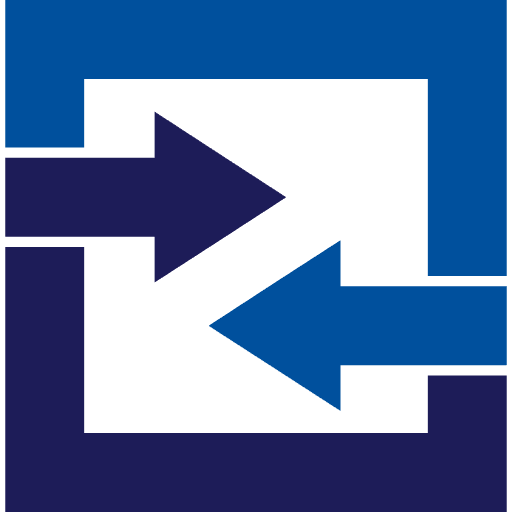As healthcare providers, your primary focus is undoubtedly the well-being of your patients. However, the financial health of your practice is equally crucial for sustaining quality care. How confident are you in the accuracy of your healthcare billing? In the complex world of revenue cycle management, precision in coding, documentation, and submission is paramount.
The Stakes of Accuracy: A Balancing Act
In the realm of healthcare billing, accuracy is the linchpin that holds together the intricate revenue cycle. Consider this: around 9.5% of medical claims are denied on the first submission, leading to a cascade of challenges. Denied claims not only result in delayed reimbursements but also place an additional burden on administrative staff, diverting their focus from patient care.
From the perspective of a nurse auditor and medical coder, I’ve witnessed firsthand the impact of billing inaccuracies on healthcare providers. Coding errors, incomplete documentation, and submission oversights can snowball into financial losses that compromise the sustainability of your practice.
Unpacking the Culprits: Where Errors Lurk
Let’s delve into the common culprits behind billing inaccuracies. Coding errors account for a substantial portion, with up to 80% of medical bills containing mistakes. Whether it’s an incorrect procedure code or a missed modifier, these errors not only lead to claim denials but can also trigger audits that further strain your resources.
Documentation plays a pivotal role in accurate billing. Incomplete or unclear medical records can result in claim denials or downcoding, where a service is reimbursed at a lower rate than initially billed. As a nurse auditor, I’ve encountered instances where the lack of detailed documentation led to delays in reimbursement and unnecessary back-and-forth with payers.
Submission oversights, often overlooked but equally critical, involve errors in the actual submission of claims. Missing deadlines, incomplete forms, or improper formatting can lead to rejected claims, disrupting the revenue flow.
The Numbers Speak: The Cost of Inaccuracy
Let’s put these challenges into perspective with some eye-opening statistics. According to a recent study, billing errors can result in an average loss of 4-9% of a healthcare provider’s annual revenue. For a mid-sized practice, this could translate to hundreds of thousands of dollars annually.
Furthermore, the administrative costs associated with denied claims are substantial. The American Medical Association estimates that each claim denial costs an average of $25 to rework. Multiply this by the number of denied claims, and you’re looking at a significant financial drain.
Navigating the Road to Accuracy: Best Practices
So, how can healthcare provider offices ensure the health of their billing practices? Consider adopting the following best practices:
- Invest in Ongoing Training: Keep your coding and billing staff updated on the latest industry changes and coding guidelines. Regular training sessions can significantly reduce errors.
- Implement Quality Assurance Programs: Establish robust quality assurance processes to review coding accuracy and documentation completeness. Conduct regular internal audits to identify and address potential issues proactively.
- Utilize Technology Wisely: Leverage advanced billing software and electronic health record (EHR) systems to streamline the billing process. Automation can help reduce errors and improve efficiency.
- Collaborate Across Departments: Foster communication and collaboration between coding, billing, and clinical staff. Ensure that everyone understands the importance of accurate documentation and its impact on the revenue cycle.
A Healthy Billing System for a Thriving Practice
In the ever-evolving landscape of healthcare, maintaining a healthy billing system is indispensable for the financial well-being of provider offices. By addressing coding errors, improving documentation practices, and refining submission processes, healthcare providers can safeguard their revenue streams and allocate more resources to patient care.
Remember, accuracy is not just a financial concern—it’s a commitment to providing quality healthcare services. As a nurse auditor and medical coder, I’ve witnessed the transformative power of accurate billing in ensuring that providers can focus on what matters most: delivering excellent patient care. So, is your healthcare billing as healthy as your patients? The answer could shape the financial vitality of your practice and, ultimately, the quality of care you provide.

